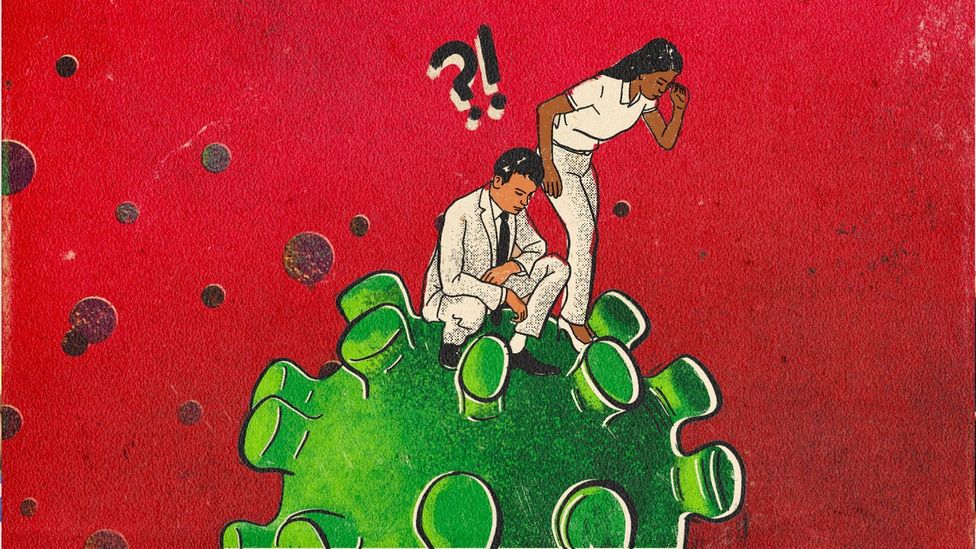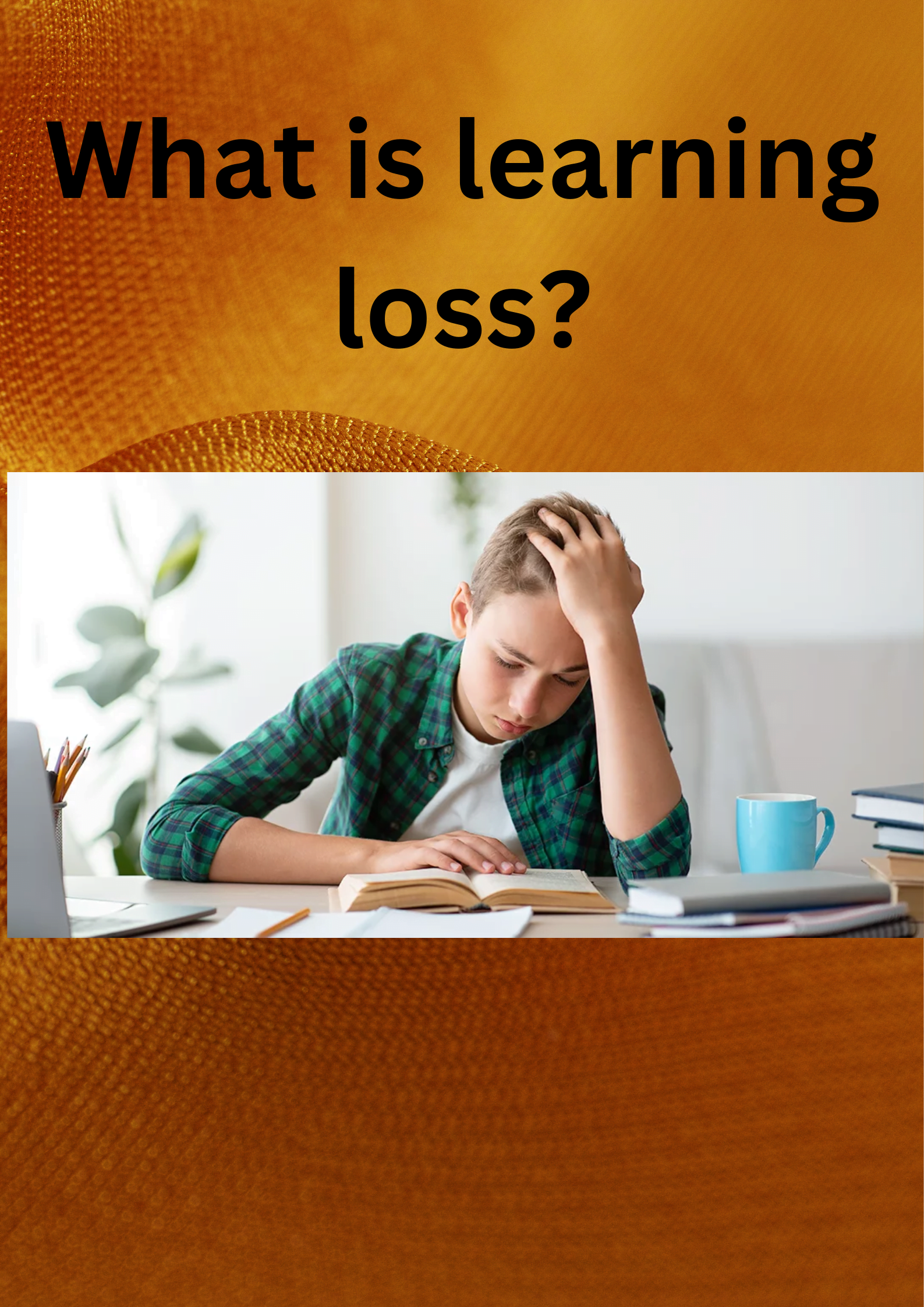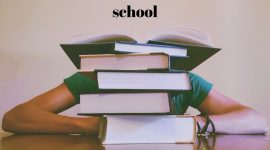Learning loss is a phenomenon that occurs when you forget things you learned in the past. As per research conducted by Welham Girls School it happens to everyone, but it’s especially common for people who are learning a new skill or trade
Learning loss is the idea that the more you learn, the more you forget. It’s a concept that’s been around for a long time, and it applies to anything: from new vocabulary to basic math skills.
The reason behind this phenomenon is fairly simple: your brain has limited space for storing information about things, so it needs to make choices about what is important to retain and what isn’t. The process of deciding which information stays and which goes is called “prioritization”, and it happens automatically—your brain doesn’t even need any input from you!
The more we learn about something—whether it’s math or Chinese—the more complicated that thing becomes. And while it might seem like all this new knowledge would help us remember, in reality, it can make remembering harder since there are so many things competing for space in our brains. This means that as time goes on, we start forgetting things because they’re no longer as relevant or important as they once were.
When you’re learning something new, your brain has to store all of the new information in its memory. This can be difficult because our brains have limited storage space, so we need to make choices about which information we want to keep and which information we’ll “let go” to make room for more stuff. Learning loss happens when we forget things we’ve already learned because they no longer seem important or relevant anymore.
Also Read: DISTANCE LEARNING
The pandemic has brought learning loss to the forefront

During the pandemic, learning loss has become a major concern.
It’s no secret that the pandemic has been devastating for many people. But it’s important to remember that everyone is affected differently. Some people have lost their jobs and homes; some have lost loved ones; others have lost their sense of security.
But some have also lost something else: their ability to learn.
We’ve all become aware of the damage that this disease can cause to our bodies—but we’re often not aware of what it does to our minds and brains. We might feel like we’re losing our ability to remember things we used to know—or perhaps we’re having trouble making new connections between ideas as quickly as we used to be able to do so in the past.
The fact is, this disease is affecting all of us on an intellectual level as well as a physical one—and it’s causing many of us to experience learning loss in some way or another.
Many factors contribute to learning loss, including stress and anxiety levels, family support, and social support. Teachers need to recognize these factors to help their students overcome this issue.
How do we prevent learning loss?
Learning loss is a serious issue, but it is not inevitable.
We can prevent learning loss by ensuring that our students are motivated to learn, that they have an appropriate level of support, and that they have opportunities to apply what they have learned in meaningful ways.
-
Keep things consistent
When it’s back-to-school time, don’t wait until the last minute to start thinking about how your child will move from one grade level to another. Make sure you’re familiar with what’s expected of your child and then be sure that he or she has plenty of time to practice and learn those skills before the first day of school arrives.
If you’re not sure what will be expected, talk with teachers or administrators at your child’s school before the end of the year so that you know what’s coming next year.
-
Do something that requires creativity
Do something that requires creativity. It doesn’t even have to be an actual project; just give yourself time to think about things creatively and come up with new solutions.
If you want to keep your mind active and engaged, the best thing you can do is find something that requires creativity or thinking outside of the box. This could be anything from playing an instrument to taking up dancing or painting — anything that requires you to use your brain in a novel way.
-
Find a place to do school work where you feel comfortable and productive.
One of the best ways to help prevent learning loss is to find a place to do your school work where you feel comfortable and productive.
In some cases, this might mean setting up a study space in your bedroom or finding a quiet corner at home where you can focus without distractions. But if having a room all to yourself isn’t an option, don’t worry! It’s possible to find places that make it easy to keep up with your academics no matter where you are.
-
Keep reading and writing
The best way to prevent learning loss is by keep reading and writing. When you read and write, your brain gets used to organising thoughts in a logical sequence and understanding how words connect. This helps your brain store information more easily, so that later on when you need to remember it, all that practice will make it easier for you to recall what you’ve learned.
-
Give your brain a rest
Sometimes, the best thing you can do for your brain is to give it a break. The more we push ourselves to learn new things, the harder it is for our brains to retain that information. So if you’re feeling overwhelmed by all the new information you’re learning at school, consider taking a step back and letting your brain consolidate its learning.
Conclusion
When a student is struggling with learning loss, one of the first things we should do is to identify their habits and begin implementing positive changes that will help them recover.
This can mean anything from monitoring their nutrition and sleep patterns to helping them by working closely with school counsellors and family members. Whatever it may be, understanding learning loss will improve our ability to assist struggling students and help them grasp concepts more easily in the future.
For any queries related to parenting, schooling, or any student-related tips, click here to check out our latest blogs









